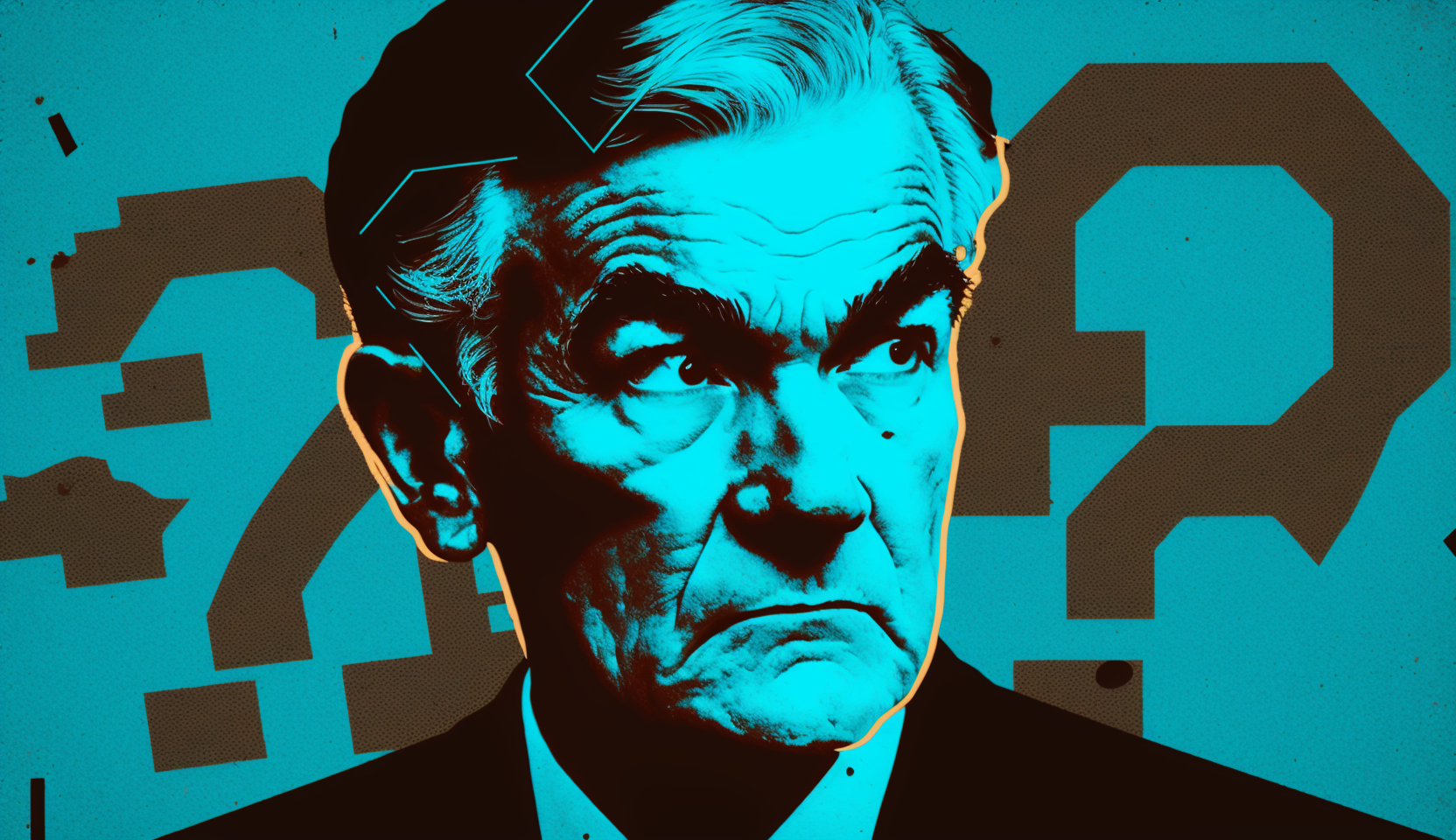After two years of aggressive rate hikes to combat inflation, the Federal Reserve is on the cusp of a significant policy shift. This Wednesday’s meeting marks a turning point, with a pause on rate increases and a focus on what lies ahead. While the immediate decision is anticipated, the subtle nuances of the Fed’s statement, economic projections, and Chair Powell’s press conference hold the key to understanding the future trajectory of monetary policy.
A Pause in the Rate Hike Cycle:
The Federal Open Market Committee (FOMC) is virtually certain to hold the benchmark overnight borrowing rate steady at a range of 5.25% to 5.5%. This decision reflects the Fed’s recognition of the recent slowdown in inflation, as evidenced by Tuesday’s Consumer Price Index report showing core inflation at a 4% annual rate. The aggressive rate hikes have had their intended effect, and the Fed is now in a position to assess the impact and determine the next course of action.
Shifting Narrative: From Hiking to Cutting?
While the pause is a significant development, the Fed’s communication will provide further insights into their future plans. Economists anticipate subtle changes in the post-meeting statement, such as dropping the reference to “additional policy firming” and focusing on achieving the 2% inflation target. These changes would signal a shift in the narrative from focusing on rate hikes to considering potential cuts in the future.
The closely watched dot plot, which reflects individual members’ expectations for future interest rates, will also be scrutinized. The removal of the previously indicated rate increase for this year is expected, but the market’s anticipation of rate cuts starting in May 2024 might be perceived as overly aggressive. Most economists believe the Fed will take a more cautious approach, with cuts likely to materialize in the second half of 2024 or later.
Economic Outlook and the Real Rate:
Alongside the policy decision, the Fed will update its projections for economic growth, inflation, and unemployment. While significant changes are not anticipated, these projections will provide valuable information about the current state of the economy and the Fed’s expectations for the future.
The real rate, or the difference between the fed funds rate and inflation, is also a key factor in the Fed’s deliberations. Currently, the real rate stands at 1.8%, significantly above the neutral rate of 0.5%. This high real rate is considered restrictive, meaning it is slowing down economic activity. Chair Powell’s comments will be closely watched for any hints about how the Fed might balance the need to control inflation with the potential for slowing economic growth.
Powell’s Press Conference: Clues for the Future:
The press conference following the meeting will be the most anticipated event of the week. Chair Powell’s remarks will be analyzed for any clues about the Fed’s future plans. While Powell is likely to remain cautious, his comments could provide valuable insights into the Fed’s thinking and their views on the economic outlook.
Markets are eagerly anticipating any indication of a dovish pivot, which could lead to a further surge in equity prices. However, Powell may also address concerns about the recent loosening of financial conditions, emphasizing the Fed’s commitment to achieving their inflation target. Striking a balance between these competing concerns will be a major challenge for Powell and the FOMC.
Looking Ahead: A Cautious Path Forward
The Federal Reserve’s Wednesday meeting marks a significant turning point in their fight against inflation. While the immediate pause in rate hikes is expected, the future trajectory of monetary policy remains uncertain. The Fed will closely monitor the economic data and adjust their policy as needed. The coming months are likely to be characterized by careful consideration and cautious action as the Fed navigates the complex task of balancing inflation control with economic growth.
This article has highlighted the key details of the upcoming Fed meeting and its potential impact on the economy and financial markets. By understanding the nuances of the Fed’s communication and the challenges they face, we can gain a deeper understanding of the future of monetary policy and its implications for businesses, consumers, and investors alike.
